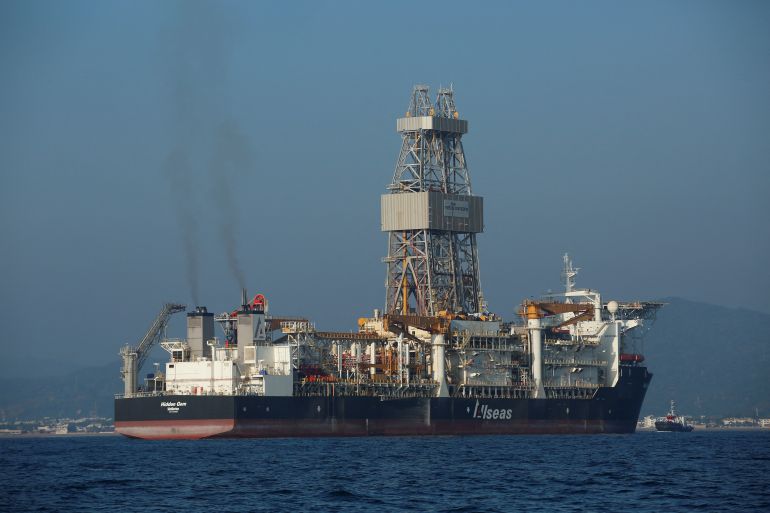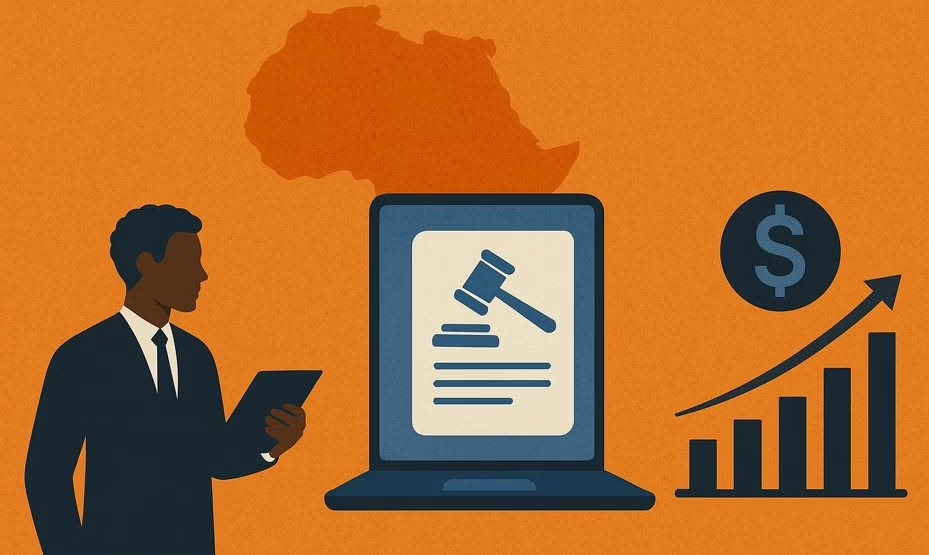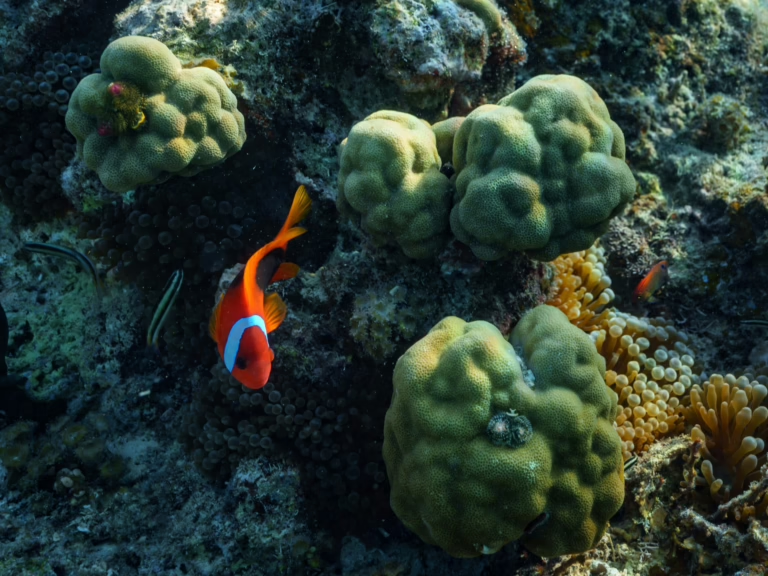With Morocco becoming the 60th country to ratify it, the groundbreaking treaty aimed at safeguarding marine biodiversity in international waters is set to take effect early next year.
Morocco’s official endorsement of the Marine Biodiversity Treaty on Friday means the agreement will be activated on January 17, 2026. This landmark accord will extend protections over nearly two-thirds of the world’s oceans, home to an estimated 10 million species, many of which remain undiscovered.
Amid escalating threats such as climate change, overfishing, and the controversial expansion of deep-sea mining-an industry that former U.S. President Donald Trump has supported in international waters-nations have accelerated their efforts to ratify the treaty.
In a statement, Morocco’s Mission to the United Nations hailed the treaty’s imminent enforcement as a pivotal achievement for ocean conservation and a demonstration of global solidarity to preserve marine life beyond national borders.
UN Secretary-General Antonio Guterres praised the countries that have ratified the treaty, calling it “a vital lifeline for both the ocean and humanity” in the face of challenges like climate change, biodiversity decline, and pollution.
“Spanning over two-thirds of the ocean, this treaty establishes enforceable guidelines to protect and sustainably manage marine biodiversity, ensure equitable sharing of benefits, designate marine protected areas, and promote scientific research and capacity-building,” Guterres emphasized, urging remaining nations to join promptly.
Beyond the 60 ratifying countries, an additional 122 nations and the European Union have signed the treaty, signaling their intent to ratify in due course.
Implementation Challenges Ahead
Leneka Rhoden, Caribbean Regional Coordinator for the High Seas Alliance, highlights that the real challenge now lies in putting the treaty’s provisions into practice.
“Our communities are already feeling the effects of climate change and ocean degradation, relying heavily on healthy marine ecosystems for food, livelihoods, and cultural heritage,” Rhoden stated.
“We trust this agreement will fulfill its promise by delivering tangible protections at sea, equitable resource access, and resilience for vulnerable populations,” she added.
The treaty does not establish a dedicated enforcement agency. Instead, it depends on individual countries to police their flagged vessels and corporations. For instance, if a ship registered in Germany breaches the treaty’s rules, it falls to Germany to take action, explained Torsten Thiele, founder of the Global Ocean Trust and an expert in ocean governance and blue finance. This underscores the necessity of universal ratification.
“Countries that have not signed can claim they are not obligated to comply,” Thiele warned.
Understanding the High Seas
The treaty governs international waters beyond any nation’s exclusive economic zone, covering almost two-thirds of the ocean and nearly half of the Earth’s surface area.
It also includes “the Area,” referring to the seabed and subsoil beyond national jurisdiction, which accounts for just over half of the planet’s ocean floor.
With the treaty now in effect, a governing body known as the Conference of the Parties (COP) will collaborate with existing regional and global organizations, such as the International Seabed Authority, which oversee various ocean-related matters.
Concerns Surrounding Deep-Sea Mining
A key element of the Marine Biodiversity Treaty is to promote fair and equitable sharing of benefits derived from marine biodiversity activities beyond national borders, as some governments and corporations push to rapidly expand deep-sea mining operations.
Environmental advocates warn that the ecological consequences of extracting minerals from the ocean floor are unpredictable and potentially devastating, threatening rare species like the dumbo octopus and deep-sea corals, while also disrupting whale communication by interfering with sonar signals.
Currently, at least 38 countries, including island nations such as the Marshall Islands and Vanuatu, as well as larger states like Brazil and the United Kingdom, have called for a moratorium on deep-sea mining until its environmental impacts are better understood.
Conversely, some countries, including the United States under the Trump administration and the Pacific island nation of Nauru, advocate moving forward with mining activities.

Ongoing Global Environmental Initiatives
The Marine Biodiversity Treaty exemplifies the persistent global commitment to addressing environmental challenges, despite resistance from some governments.
Earlier this year, nations at the UN’s International Maritime Organization (IMO) agreed on a global standard to reduce fuel emissions in shipping, introducing fees on polluting fuels and incentives for cleaner vessels.
This agreement came after the United States withdrew from climate negotiations at the IMO in London and threatened retaliatory measures against fees imposed on American ships.
Meanwhile, efforts to forge a global treaty to combat plastic pollution stalled in August during the sixth round of talks, reflecting ongoing difficulties in reaching consensus.
However, in July, the International Court of Justice ruled that countries must fulfill their climate commitments, warning that failure to do so could breach international law and open the door for future legal claims seeking reparations.
Ralph Regenvanu, Vanuatu’s Minister for Climate Change and lead plaintiff in the court case, remarked on the treaty’s enforcement, stating, “Anything that impacts the ocean ultimately impacts us all.”






















